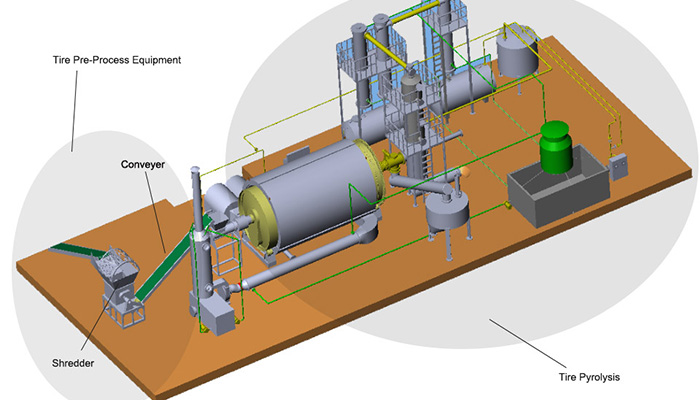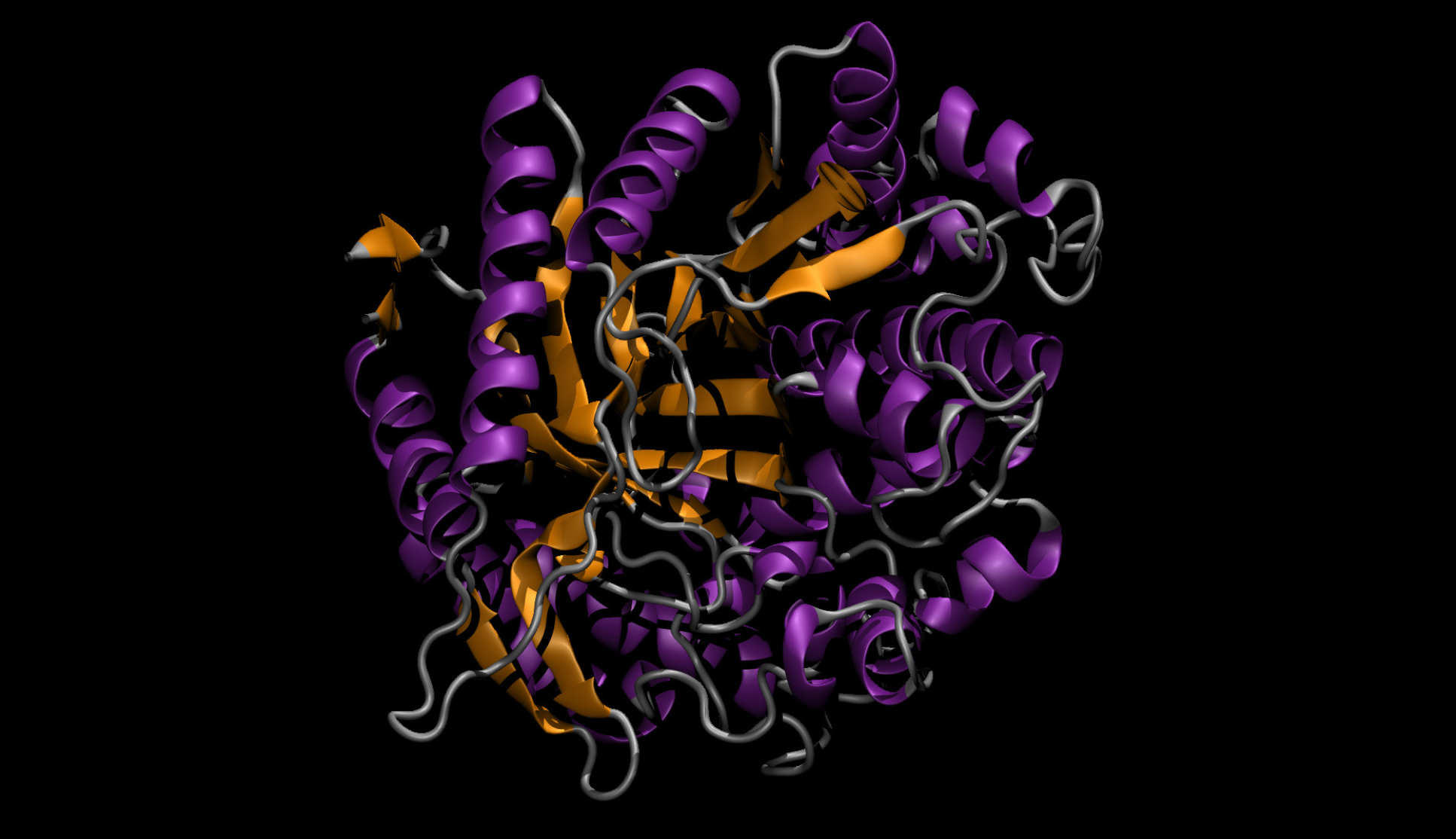A University of Arkansas biologist is developing methods that could make the production of biofuel—ethanol and diesel made from sources such as plant material—more efficient and environmentally sound. Ruben Michael Ceballos will use a protein derived from microorganisms that live in acidic geothermal pools and springs to enhance the process of turning organic material into fuel. Ceballos, … Read More
biofuel
Indonesia set to boost biodiesel exports, Malaysia may lose market share
Indonesian biodiesel makers are gearing up to boost exports after the European Union (EU) removed anti-dumping duties on shipments from some producers in the country, but rival suppliers in Malaysia are bracing for a slowdown in the wake of the move. After legal proceedings at the European Court of Justice, the EU last month removed … Read More
Vancouver switches to 100% renewable diesel
All diesel vehicles in the City of Vancouver’s fleet will be fuelled by 100% renewable diesel, according to a statement. The City has signed a new supply contract with integrated energy company, Suncor. “This new contract concretely demonstrates our commitment to greening our operations and deriving 100% of our energy from renewable sources,” said Jerry Dobrovolny, … Read More
Biofuel breakthrough protects yeast in pretreatment process
Researchers claim to have found a way to protect yeast from damage inflicted by pretreatment chemicals in the biofuel production process. Pretreatment chemicals are used in biofuel facilities to accelerate the breakdown of plant material, however, these chemical are sometimes poisonous to the yeasts that turn the plant sugars into fuel. In a study published … Read More
Waste plant material could boost algae’s biofuel potential
Findings from a ground breaking study could prove crucial in boosting the ‘economic viability’ of algae biofuel, showing for the first time that raw plants can be used as a carbon energy source for cultivation of a strain of microalgae. (more information about biodiesel ,pls click) In a study recently published in the journal Algal Research, … Read More
Implications For Trade And Development
There exists today a significant demand in industrialized countries for biofuels, driven largely by regulatory mandates for blending of biofuels into petroleum fuels. This demand is likely to grow considerably in the years ahead, driven by increasingly ambitious regulatory mandates, sustained high oil prices, and energy security concerns. Biofuel demands in many developing countries will … Read More
Greenhouse Gas Emissions
The effectiveness with which greenhouse gas emissions (GHGs, including CO2, CH4, and others) can be avoided using biofuels is related to the amount and carbon intensity of the fossil fuel inputs needed to produce the biofuel, as well as to what fossil fuel is substituted by use of the biofuel. A proper GHG accounting considers … Read More
Second-Generation Thermochemical Biofuels
Thermochemical biomass conversion involves processes at much higher temperatures and generally higher pressures than those found in biochemical conversion systems. Key intrinsic characteristics distinguishing thermochemical from biochemical biofuels are the flexibility in feedstocks that can be accommodated with thermochemical processing and the diversity of finished fuels that can be produced. Thermochemical production of biofuels begins … Read More
First-Generation Biofuels
The most well-known first-generation biofuel is ethanol made by fermenting sugar extracted from sugar cane or sugar beets, or sugar extracted from starch contained in maize kernels or other starch-laden crops. Similar processing, but with different fermentation organisms, can yield another alcohol, butanol. Commercialization efforts for butanol are ongoing, while ethanol is already a well-established … Read More
Biofuels from Micro-algae
The development of photosynthetic microbes that produce lipids or hydrocarbons also has great potential for biofuels production. While plant production of useable biomass is unlikely to exceed an overall solar conversion efficiency of 1-2 percent, algae can convert solar power at efficiencies in excess of 10 percent. A combination of anaerobic and aerobic microbial processes … Read More




